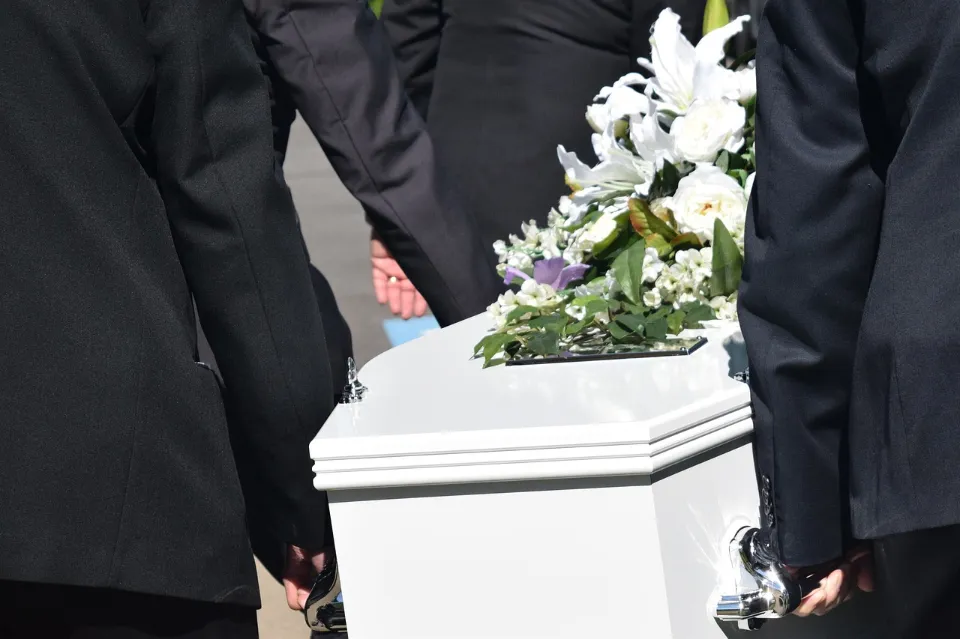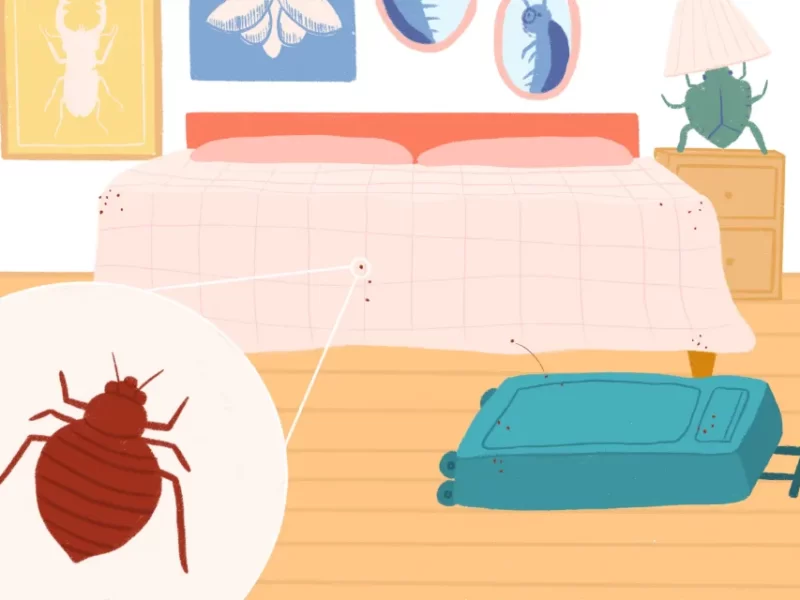Life after death must come to an end for those left behind. Funerals must be planned, bank accounts closed, pets relocated and final bills paid. It may fall on you to handle these private and legal matters after a loved one passes away. While you’ve been grieving the loss of a loved one, it can take a year or more to finish this stressful, bureaucratic task.
This article will tell you what to do if your loved one dies in your home. You’ll need a checklist of everything that needs to be done, from writing notes of appreciation for the flowers at the funeral to reviewing the will through probate, in order to organize the right help (see below).
What Should I Do to Prepare for a Person Who is Going to Die?
If the person you care for knows they are dying, they or should talk to their doctor or palliative care team about: how that might happen? what they want?
Their doctor or palliative care team may ask them: Do they want to die at home? Do they want to be resuscitated, if possible?
So that you are prepared, they ought to either include you in the conversation or inform you afterward. Try to make the person you’re caring for comfortable: treat them with dignity and compassion; try to keep them as free of pain as possible
If they are aware that they are dying, they might want to discuss their lives. Perhaps they would prefer to be left alone. Let them lead the way. The person you are caring for may have medical problems. Call the doctor or the palliative care team for guidance if they are experiencing excruciating pain or other distressing symptoms.
Make arrangements for someone to visit your home to support you during the last few days or hours of your loved one’s life. A close relative, a friend, or a nurse could be this person.

What to Do When Someone Dies at Home?
Things You Need to Do Immediately
Obtain a Legal Death Sentence
The staff will handle this if your loved one passed away in a medical facility, such as a hospital or nursing home, where a doctor was present. Obtaining a death certificate, a vital piece of paperwork begins with a formal declaration of death. But if your relative died at home, especially if it was unexpected, you’ll need to get a medical professional to declare her dead. To accomplish this, dial 911 as soon as she passes away to arrange for her to be taken to an emergency room, where she can be pronounced dead and transferred to a funeral home. A hospice nurse can pronounce your family member dead if he passed away at home while receiving hospice care. Without a declaration of death, you can’t plan a funeral, much less handle the deceased’s legal affairs.
Inform Friends and Relatives
Send out a group text or mass email, or make individual phone calls, to let people know their loved one has died. Go through the deceased’s email and phone contacts to find all the people who need to know. Inform coworkers, churchgoers, and members of any social groups the person belonged to. Request that the recipients inform the deceased’s relatives so that more people will be informed. Put a post about the death on social media, both on your account and the deceased person’s accounts, if you have access.
Know Funeral Arrangements
“Ideally, you had the opportunity to talk with your loved one about his or her wishes for funeral or burial,” writes Sally Balch Hurme, an elder law attorney and author of List of items for family survivors. In the event that you didn’t, she suggests that you look for a letter of instruction in the deceased’s papers or convene a family gathering to start a first discussion about the funeral’s details. If there are no instructions from him, this is crucial. You must talk about the funeral the deceased wanted, what you can afford, and what the family wants.
Things You Need to Do Within Several Days
Protection of Property
Lock up the deceased’s home and vehicle. Ask a friend or family member to get the mail, water the plants, and dispose of the food in the refrigerator. Lock up any valuables that may be present in the house, such as jewelry or cash. “You have to watch out for valuable personal effects walking out,” Harbison says.
Provide Pet Care
Until there is a permanent plan for your pets, make sure they have caregivers. They can either be boarded at a kennel or sent to stay with a relative who enjoys animals. Make sure the pet is with someone who can comfort them because they will be in mourning.
Things You Need to Do After Two Weeks
Ensure a Certified Copy of the Death Certificate
You’ll need death certificates for a number of reasons, including closing bank and brokerage accounts, submitting insurance claims, and registering the death with government organizations, so get 10 copies. You can request copies from the vital statistics office in the state where the person passed away, or the funeral home you’re working with can order them on your behalf.

Find the Will and Executor
Your loved one’s survivors need to know where any money, property or belongings will go. Your relative should have told you where she kept her will when you spoke to her before she passed away. If not, look for the document on a desk, a safe-deposit box or wherever she kept important papers. In their will, people typically designate an executor, who will oversee the estate’s administration. Most of the subsequent steps must involve the executor. The probate court judge will appoint an administrator in the absence of a will rather than an executor.
Conclusion
While losing a loved one at home is sad, you also have to take care of the funeral arrangements and other duties.



